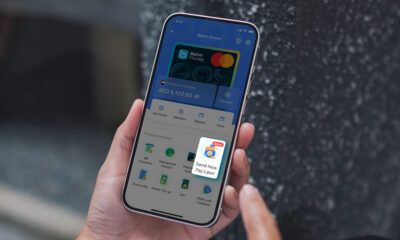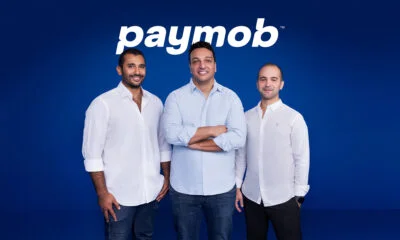News
Digital Banking App Pyypl Is Now A Visa Principal Member
The fast-growing fintech is now officially able to issue prepaid Visa cards from its UAE base, paving the way for further international expansion.
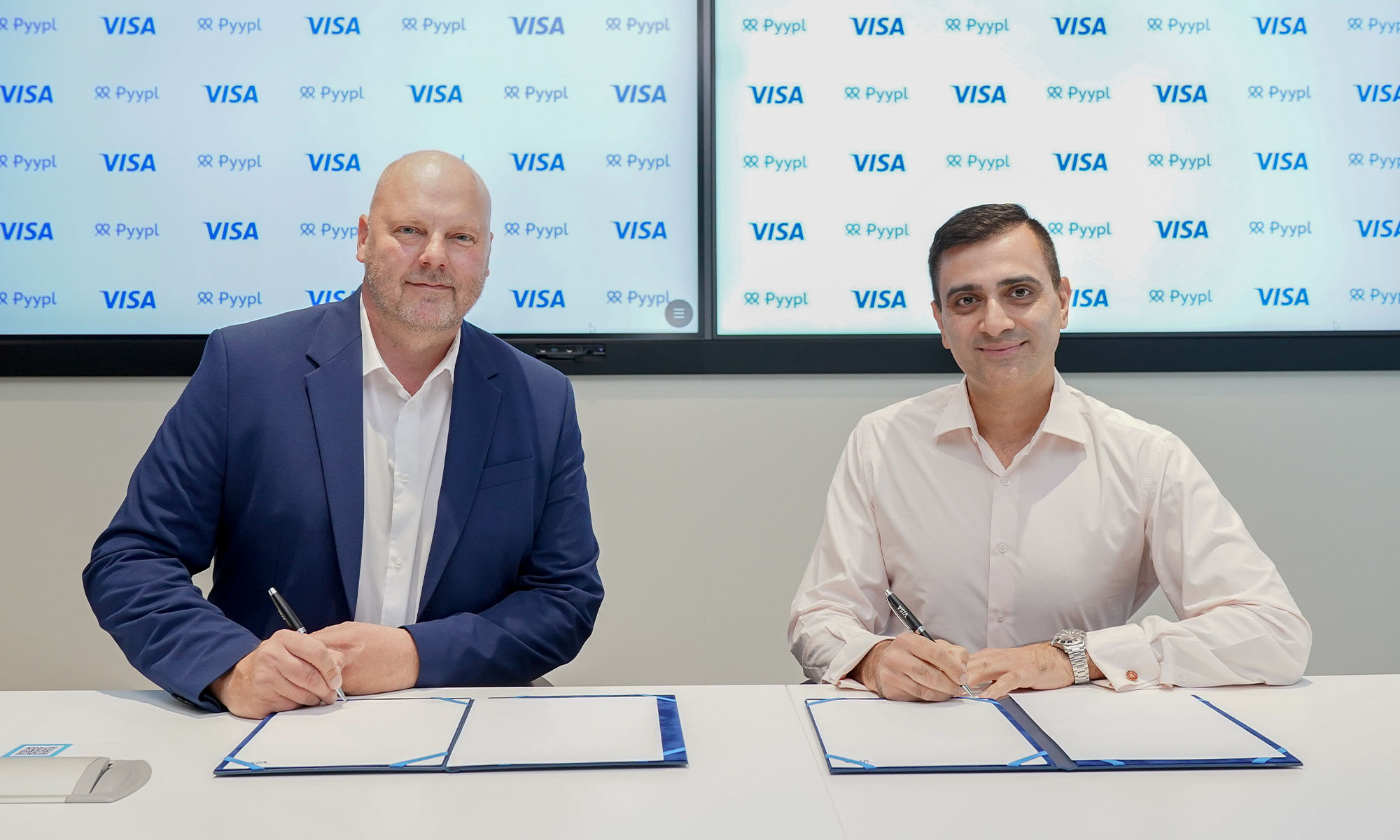
UAE-based personal finance app Pyypl (pronounced “people”) has announced a Principal License Membership and Strategic Framework Agreement with international card issuer Visa. The license enables the fintech company to directly issue prepaid Visa cards, paving the way for further expansion across the Middle East and Africa (MEA).
Pyypl is already one of the fastest-growing MEA fintechs and is on a mission to become the region’s leading “one-stop fintech ecosystem”. Powered by 100% in-house-built technology, the company’s app offers banking and payment services to hundreds of thousands of financially underserved users across Africa and the Middle East.
Pyypl’s Strategic Framework Agreement with Visa is significant, as it recognizes the license approval process in other markets that the fintech company plans to enter. With support from local regulators, Pyypl can now offer internationally accepted virtual and physical prepaid cards, as well as instant user-to-user transfers and remittances to 80 countries.
Also Read: A Guide To Digital Payment Methods In The Middle East
Antti Arponen, CEO and co-founder of Pyypl commented: “We are excited to announce our partnership with Visa. Our payments ecosystem has multiple benefits for Visa and will accelerate the provision of financial services to the vast population of underserved digital natives in the region. Working closely with Visa and local regulators in new markets, we are focused on growing Pyypl’s presence and contributing to advancing financial inclusion across the region”.
“We are delighted to welcome Pyypl to our mission of advancing financial inclusion,” says Hasan Kazmi, VP, head of strategic partnerships and ventures – CEMEA, Visa. “We believe in empowering underbanked consumers by providing them with innovative, secure payment solutions. This not only gives them access to the digital economy but also helps them thrive in this increasingly digital age”.
News
HiFuture Wraps Up Successful GITEX GLOBAL 2024 Appearance
The electronics company wowed audiences at the world’s largest tech event with a range of wearable and smart audio devices.
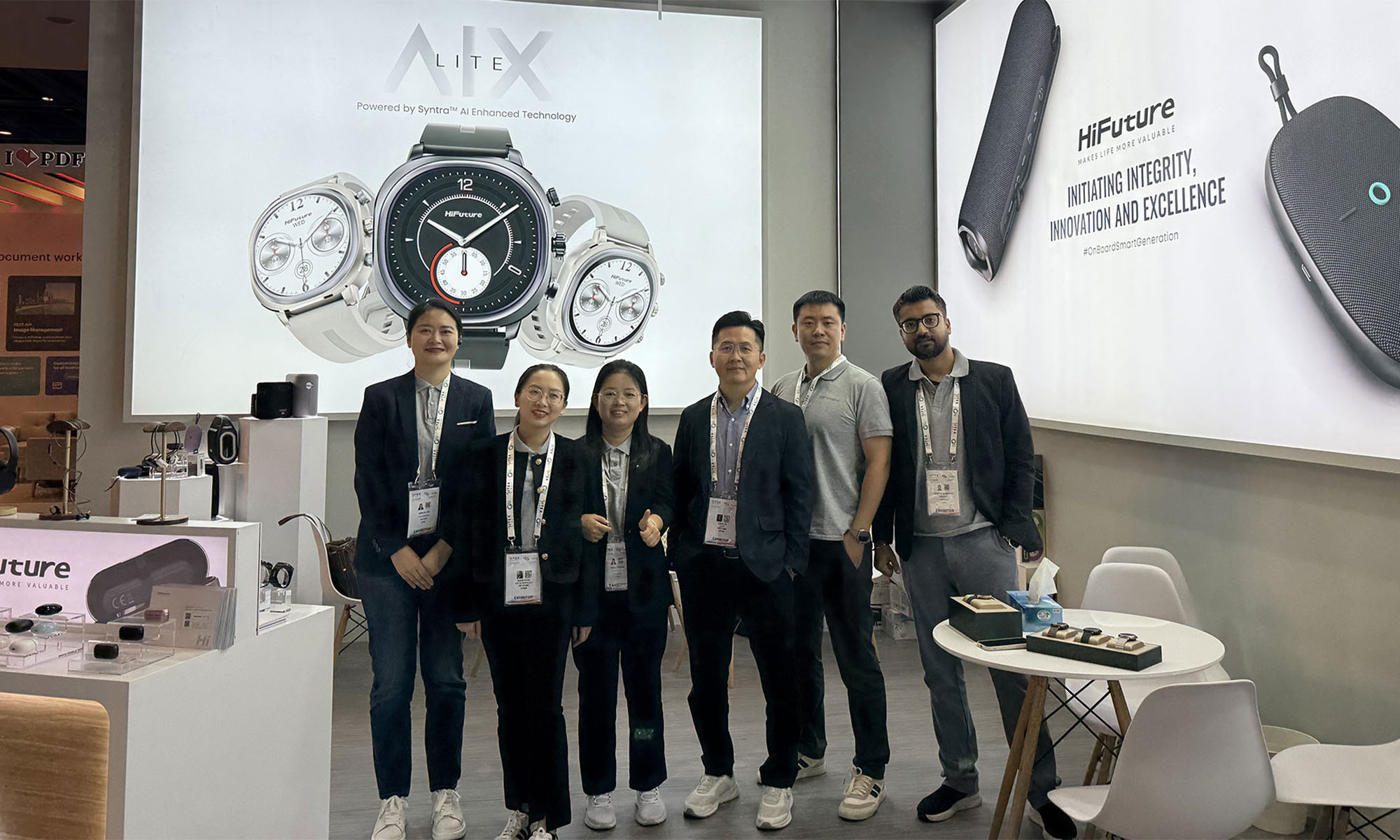
This year’s GITEX GLOBAL 2024 in Dubai saw a huge number of startups, electronics firms, and innovators from around the globe gather for the tech sector’s largest event of its kind. One company making waves at this year’s expo was Chinese tech group HiFuture, which showcased a range of products with a focus on wearable technology and smart audio.
At the HiFuture booth, the company captivated attendees with cutting-edge smartwatches like the ACTIVE and AURORA, along with a range of powerful wireless speakers, earbuds, and even smart rings. Visitors were eager to check out the sleek new designs on offer and even had the chance to test out some of the products themselves.
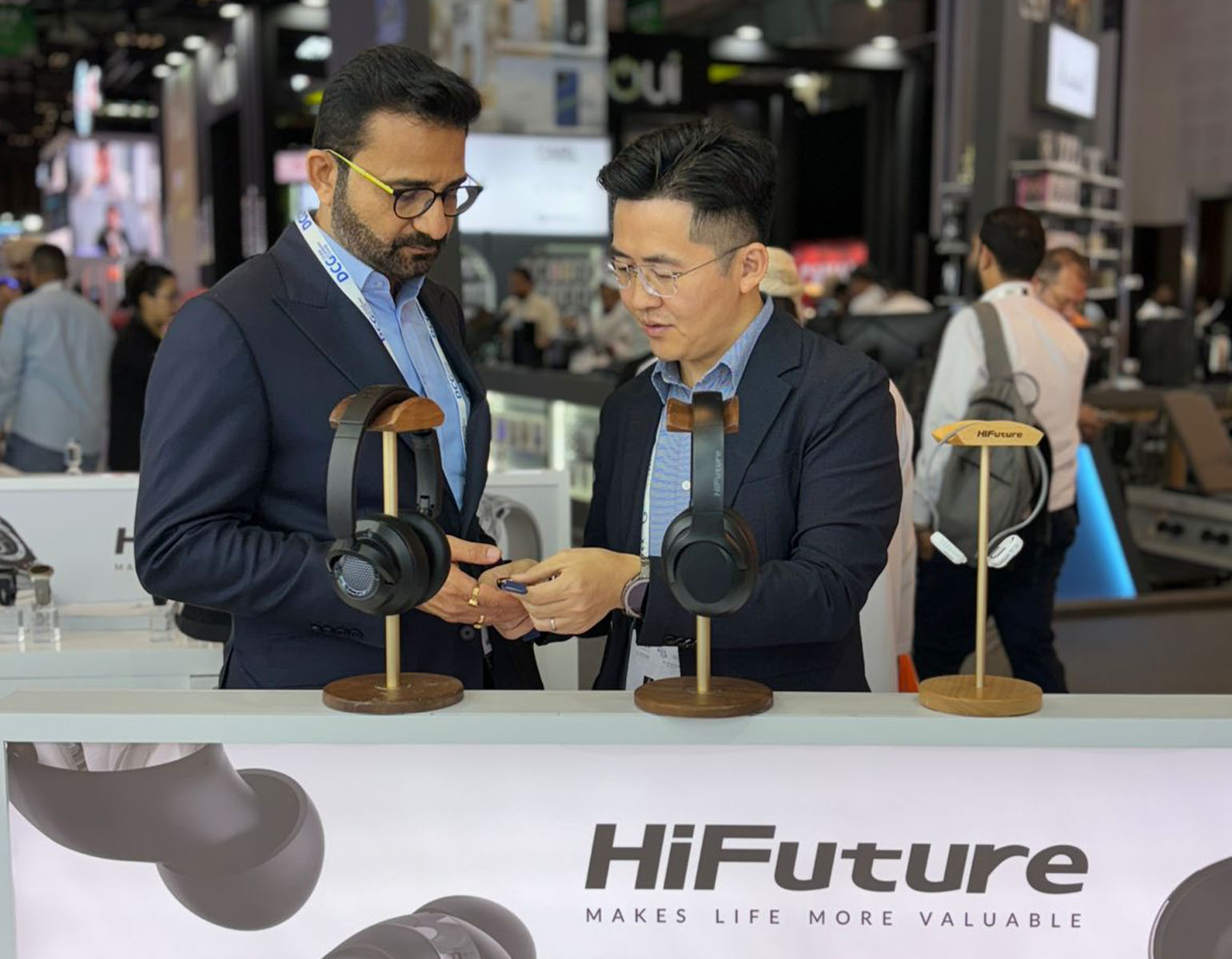
Among the highlights were smartwatches combining dual-core processors with customizable options. The devices blended style and technology, offering health monitoring capabilities, personalized watch faces, and advanced AI-driven functionalities, giving attendees a taste of the future of wearable technology.
On the audio front, HiFuture’s wireless speakers left a lasting impression, offering rich, immersive sound in compact, portable designs. These speakers cater to both intimate gatherings and larger celebrations, offering versatility for users. Meanwhile, the company also showed off its Syntra AI technology, which it claims “revolutionizes health and fitness tracking by combining advanced optical sensors with intelligent algorithms for precise, real-time insights”.
Also Read: How (And Why) To Start A Tech Business In Dubai
The presence of HiFuture’s leadership team at GITEX 2024 underscored the importance of this event for the company, with CEO Levin Liu leading a team of executives, all keen to engage with attendees and offer insights into HiFuture’s vision, product development process, and future direction.
Overall, it seems that GITEX GLOBAL 2024 has been a rewarding experience for HiFuture. The enthusiasm and curiosity of attendees shown to the company’s diverse range of products was obvious, with the HiFuture team leaving on a high note and clearly excited and motivated by the event.


